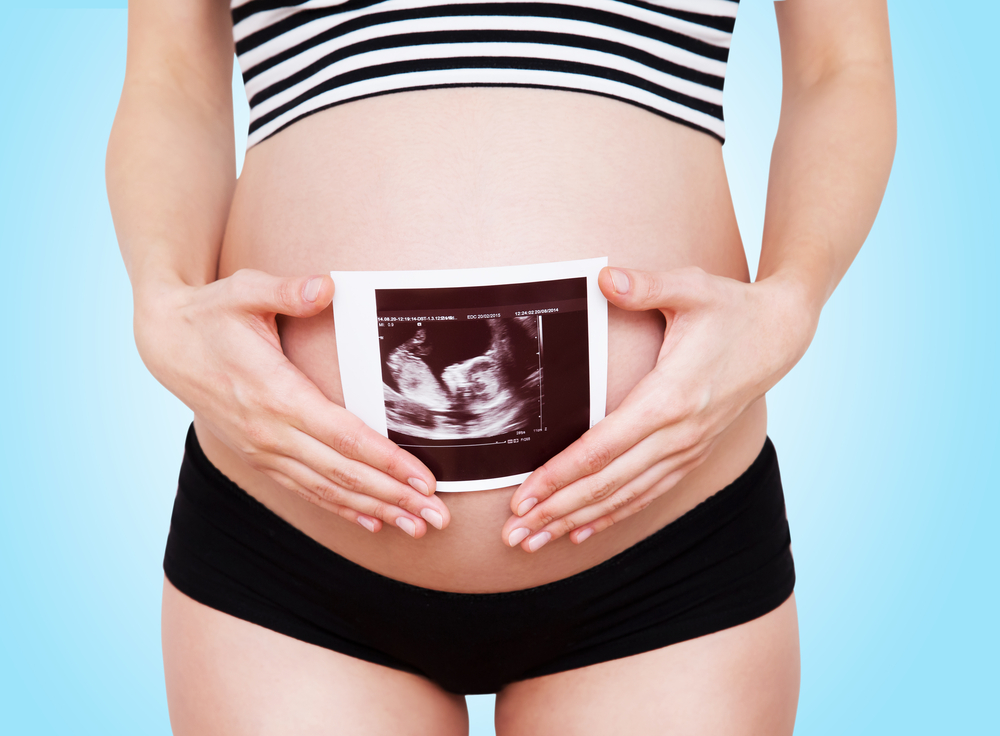The mechanisms behind the association between endometriosis and infertility are still poorly understood. There are various theories that try to explain the specific causes of infertility in patients and several experts consider that it is probably related to multiple alterations of normal function.
A new study recently published in the Reproductive BioMedicine Online journal entitled “Is endometrial receptivity transcriptomics affected in women with endometriosis? A pilot study” studied the potential role of the environment of the inner lining of the uterus (endometrium) to receive and nourish a human embryo.
A team of researchers led by Prof. Juan A Garcia-Velasco from Rey Juan Carlos University, Spain, and Prof. Amelie Fassbender from Leuven University, Belgium, studied the gene expression of cells of the endometrium in a trial in two university-affiliated infertility units to find the receptivity of these endometrium cells to embryos. A specific test named endometrial receptivity array was used to evaluate 238 specific genes directly related to human endometrial receptivity.
Results showed that although 13 genes are differently expressed in endometriosis infertile women compared to other causes of infertility, these seem to have no clinical importance, specially when considering previous studies that give conflicting evidence. These results should also be confirmed in a study with a large sample of individuals for a more definitive answer.
There is clear evidence that the human body has several redundant mechanisms to protect basic body functions, including fertility. This may explain why there are negligible differences in the gene expression related to embryo receptivity between patients with and without endometriosis and even after exploring several disease stages. Several other mechanisms can therefore explain the infertility in endometriosis patients including production and quality of the oocyte and embryo, ovary function and sperm quality and transport.
Read More Recent News

